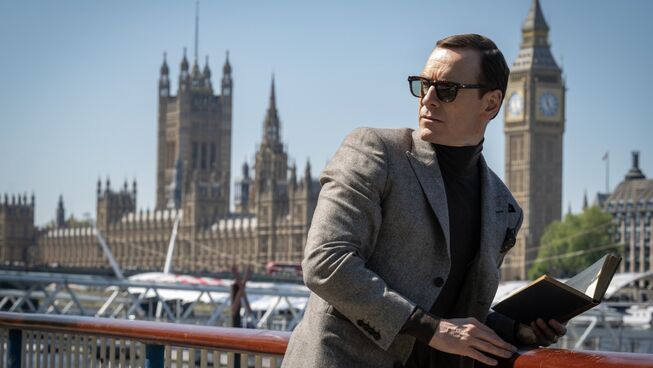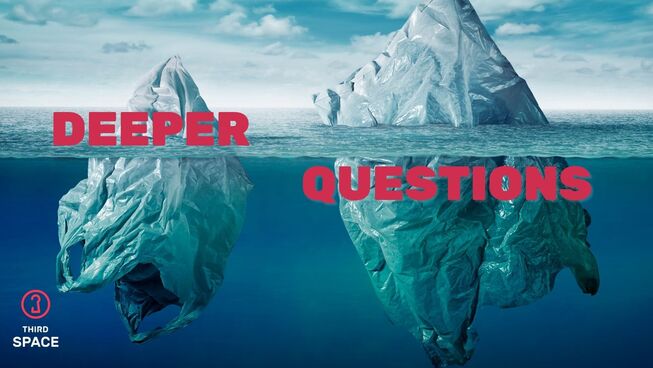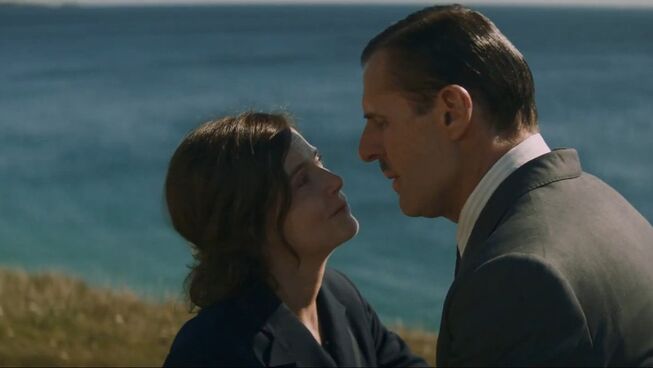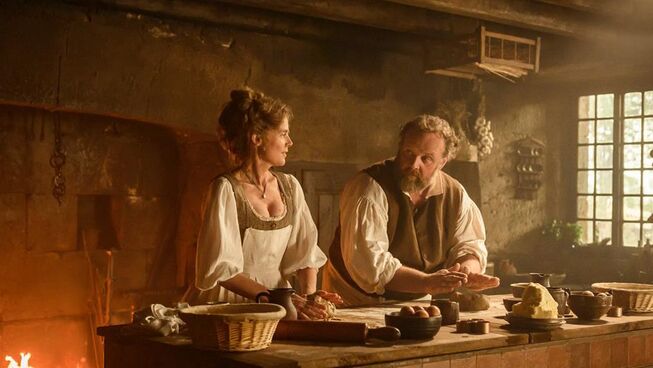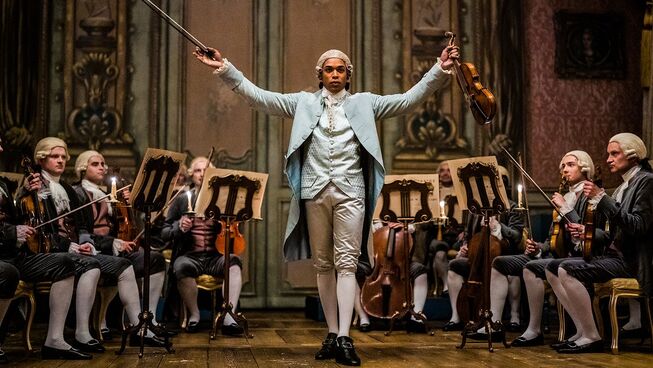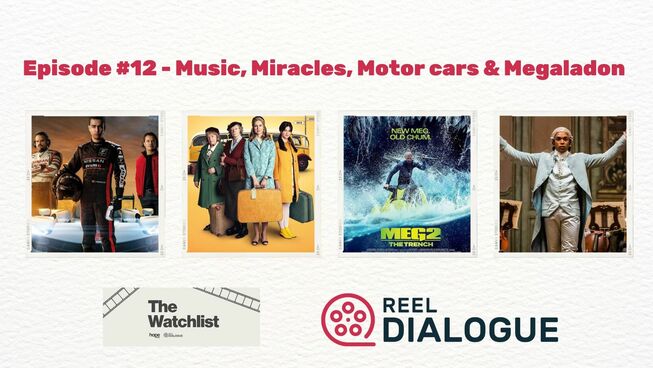Jeanne du Barry
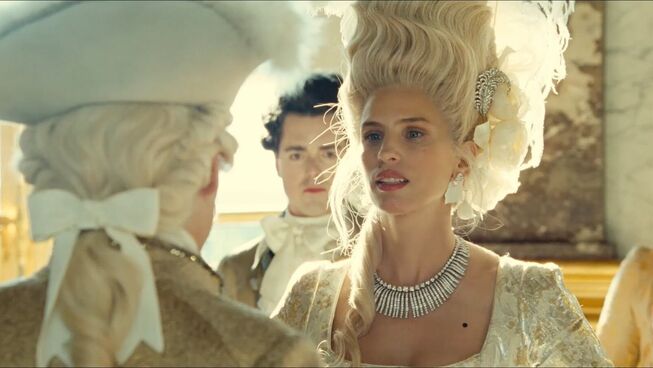
⭐️ ⭐️ ⭐️ (out of 5)
Before Maria Antoinette, King Louis XVI and the French Revolution, King Louis XV (Johnny Depp) reigned over France from Versailles. His time on the throne was known for excesses, opulence, and his varied taste for female companionship despite being married to Marie Leszczynska. One of his most recognised and controversial courtesans would have been Jeanne du Barry (Maïwenn). A working-class woman who had an insatiable appetite for culture and pleasure that was satisfied by relationships with influential men. Still, when she caught the eye of the king, Jeanne used her intelligence and sexual appeal to draw the nation’s leader into a relationship that would last until his death.
Her story was taken on by one of France’s most talented directors and actresses, Maïwenn. As a joint partnership that included the current who’s who of production houses, her film would become one of the country’s most expensive. The cost would have been increased as she secured Johnny Depp as her co-lead on this project. Admittedly, it was a controversial choice as he had just come from his litany of legal battles with Amber Heard. Yet, in true French style, Maïwenn embraced and capitalised on the controversy and showed the world that Depp was an exceptional choice for this role. He shows his playfulness and taps into his abilities to embody his character with convincing confidence that would even appeal to French audiences.
Maïwenn showcases her talents as director, writer and actress as the extreme grandeur of the setting proves to be a character within her flamboyant production. Her elegant style shines through in front of the camera and as she communicates through the camera’s lens. The era is captured convincingly through the French aristocracy's costuming, performances and settings. Still, she manages to unmask her character's humanity and those swayed by Jeanne’s appealing manner and strength amongst the opposition within the royal family.
It's true that French history may not be as familiar to most around the world, which could influence the reception of this film. Jeanne du Barry is depicted as a sympathetic and engaging historical figure, but it's important to note that the realities may differ from what's portrayed here. For those less familiar with history, this portrayal may feel somewhat sanitised to cater to a wider audience. Additionally, the story's pace may slow down as melancholy engulfs many of the characters. However, these factors does not detract from the overall appeal of Maïwenn’s film, and they offer a unique perspective for Depp fans to explore.
REEL DIALOGUE: What does the Bible really say about marriage?
Different cultures have interpreted the union of marriage differently over the years. Jeanne Du Barry gives audiences a view into French culture and the history of promiscuity that has defined the country’s view of marriage.
Some may think that the Bible does not have the answers to defining marriage. Thankfully, God does not leave humanity without a definition. The Bible directly answers the question of the value of marriage. The Bible provides answers, and Jesus even gives specific answers to people when asked.
“Have you not read that he who created them from the beginning made them male and female, and said, ‘Therefore a man shall leave his father and his mother and hold fast to his wife, and the two shall become one flesh’? So they are no longer two but one flesh. What therefore God has joined together, let not man separate.” - Matthew 14:4-6
Marriage was God's idea and is a blessing to mankind. There is freedom within his paradigm, but God does have a paradigm. Anyone's opinion that differs from the Bible and/or Jesus' statement on marriage is merely their opinion. It puts them at odds with God's view on marriage. The Bible's answers are accessible to all for consideration, but the reader must choose what to believe.
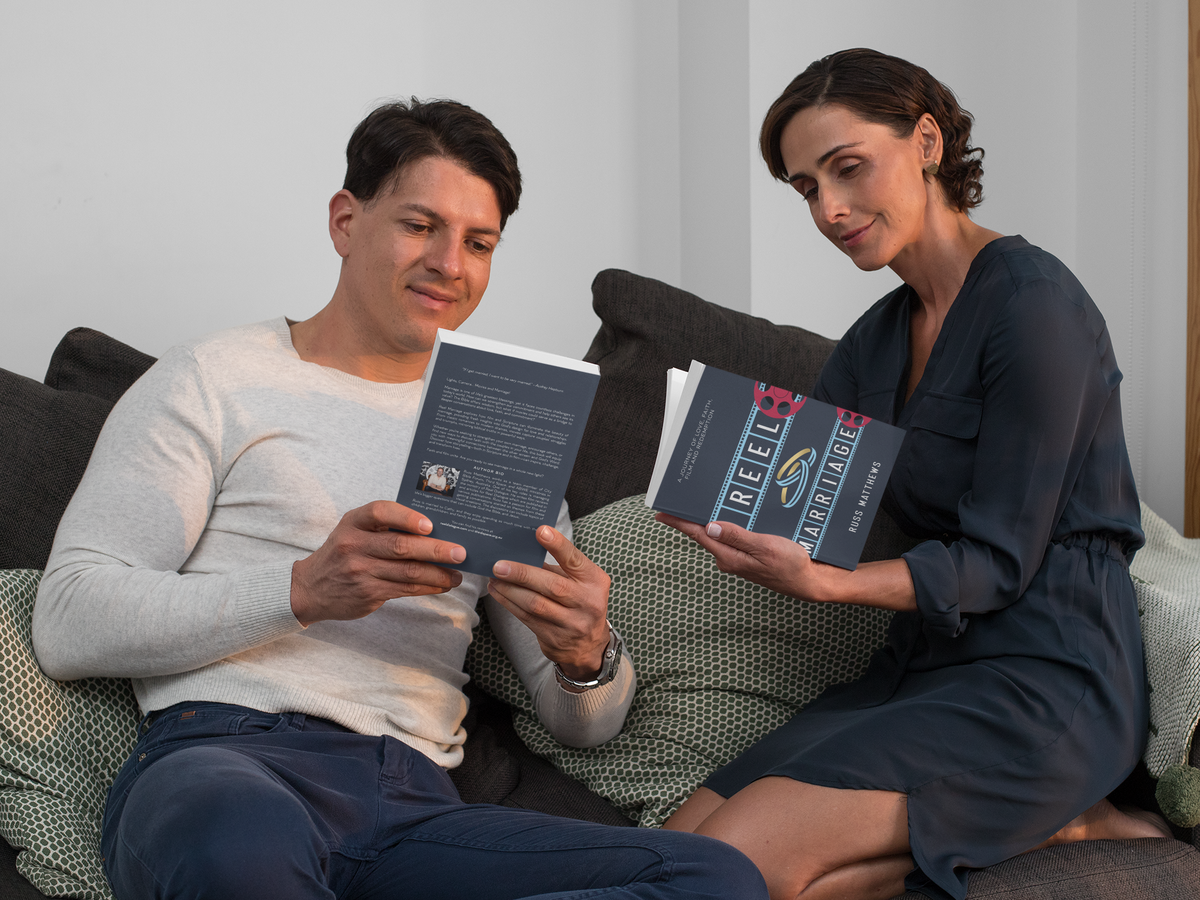
Reel Marriage
Lights, Camera... Movies and Marriage!
Marriage is one of life’s greatest blessings, yet it faces countless challenges in today’s world. How can we strengthen our commitment and help others see its value? The Bible offers wisdom, but what if movies could serve as a bridge to deeper conversations about love, faith, and commitment?
Reel Marriage explores how film and Scripture can illuminate the beauty of marriage, providing fresh insights into God’s design for love and relationships. From classic romances to modern dramas, movies capture couples' struggles and triumphs, mirroring biblical truths in powerful ways.
Faith and film unite. Are you ready to see marriage in a whole new light?
If you order your copy today you will also receive a complementary handbook that is only available with the purchase of the book (Print or ebook)

